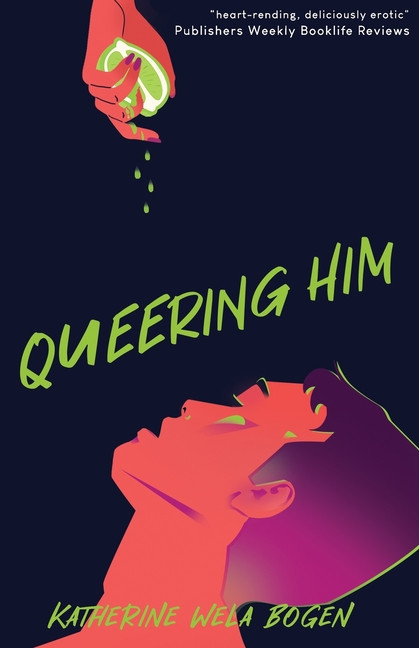At the beach, bodies converge with the elements and strange treasures come to light. Departing from the conventional association of modernism with the city, this book makes a case for the coastal zone as a surprisingly generative setting for twentieth-century literature and art. An unruly and elusive confluence of human and more-than-human forces, the seashore is also a space of performance-a stage for loosely scripted, improvisatory forms of embodiment and togetherness.
The beach, Hannah Freed-Thall argues, was to the modernist imagination what mountains were to Romanticism: a space not merely of anthropogenic conquest but of vital elemental and creaturely connection. With an eye to the peripheries of capitalist leisure, Freed-Thall recasts familiar seaside practices-including tide-pooling, beachcombing, gambling, and sunbathing-as radical experiments in perception and sociability. Close readings of works by Marcel Proust, Virginia Woolf, Claude McKay, Samuel Beckett, Rachel Carson, and Gordon Matta-Clark, among others, explore the modernist beach as a queer refuge, a precarious commons, a scene of collective exhaustion and endurance, and a visionary threshold at the end of the world.
Interweaving environmental humanities, queer and feminist theory, and cultural history, Modernism at the Beach offers new ways of understanding twentieth-century literature and its relation to ecological thought.





